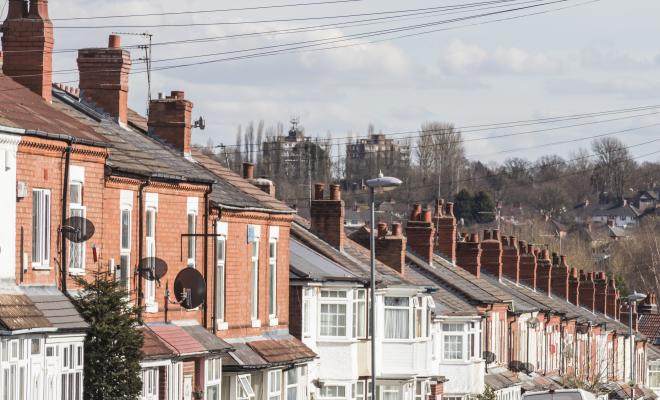23 Jan 2024
The aim of organising a campaign planning event for the United for Warm Homes campaign is to:
- share the campaign aim
- build relationships with local people and organisations who can help build your United for Warm Homes campaign
- learn about local impacts of the energy crisis
- plan the different stages of your campaign.
Help make the event as collaborative as possible by inviting other groups in your community to get involved in organising, hosting and/ or promoting the event.
Resources for organising a campaign planning event
Before the event
1. Date. Decide when to have the event
- Avoid bank holidays and school breaks when people aren't likely to be free.
- Consider things like childcare and work hours to help you pick a time which will allow the greatest number of people to attend.
2. Venue. It can be tricky to find the perfect venue, but do your best to ensure it’s hosted somewhere that’s:
- Accessible. For example, can someone access it in a wheelchair? Would someone with hearing difficulties be able to participate?
- Welcoming. Is the venue welcoming for everyone? Pubs or faith spaces could be potentially barriers to people feeling comfortable. Setting up the room with space to socialise and providing refreshments can help create a welcoming atmosphere too.
- Well located. Is it easy to get to the venue by public transport? Is the venue close to areas in your community particularly impacted by fuel poverty? You can check this using Friends of the Earth’s energy crisis hotspot map.
- Safe and inclusive. Have a look at our values and policies to ensure your event is safe and welcoming for all attendees. These include guidance on safeguarding, risk assessments and insurance that'll help you plan your event.
3. Sign-up page. Create a sign-up page using Action Network, a digital tool that will help you keep track of numbers and build your mailing list. You can use our ready-made event template, with both English and bi-lingual (English and Welsh) versions available. Get in touch with us if you’d like an account.
4. Promotion. Work closely with local organisations and groups you’ve built connections with to promote this event widely. You could ask them to share the event with their email lists and use our resources to promote it on social media.
Remember, you’re aiming to attract people who are passionate about making energy bills affordable and keen to take action.
As a group, you could also:
- Share the event on your social media channels. You could tag local fuel poverty organisations you haven’t made contact with yet to let them know about the event.
- Advertise it locally – use our editable flyer or customise your own using our template on Canva. Good places to do this include local community spaces, such as town halls, faith centres and sports centres, and community boards in places like local cafes, housing estates and supermarkets.
- Contact your local media to let them know about the event. Ask them to promote it in the local paper or on the local radio station.
Think about where best to advertise so you can grow the number and diversity of people involved, and where you might be able to promote the event to reach the widest audience.
5. Reminder email. Sending an email to remind participants about the event can be really helpful and ensure as high a turnout as possible. We’d recommend doing this twice – 1 week before the event, and the day before.
6. Plan your agenda. It's a good idea to plan an agenda before the event so you can keep things focused. Use our template agenda to help get you started.
7. Funding. If you need financial support to help promote and run your event, you can apply to the United for Warm Homes Fund.
After the event
Remember to thank people for coming and to send round a follow-up with notes and next steps. It’s best to do this within 24 hours of your event to keep up the momentum. Make sure to include people who registered but couldn’t make it.
If you need extra support to host your first event online, get in touch. Don't forget you can apply to the United for Warm Homes Fund if you need financial support to run an event.
Next steps
Now it’s time to start building power and support within your community.
